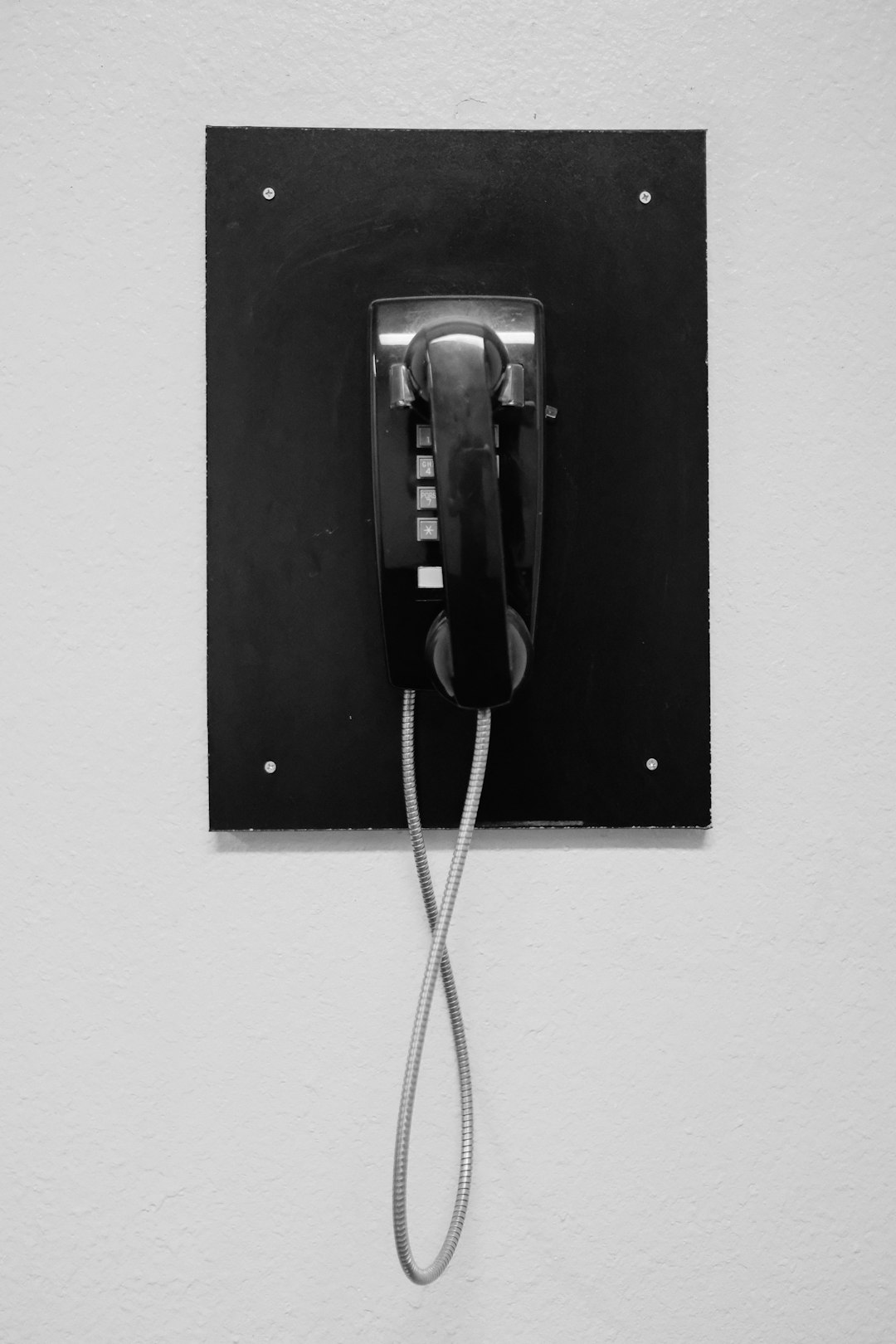Nonprofits in South Dakota engaging in telemarketing for fundraising must adhere to TCPA regulations. This involves obtaining explicit donor consent for automated calls/texts, providing opt-out options, maintaining detailed records, and ensuring transparent communication. Compliance protects nonprofits from fines, safeguards donor rights, and fosters trust, enabling them to effectively serve their communities.
“Yankton, SD, nonprofits face unique challenges when it comes to TCPA (Telemarketing Consumer Protection Act) compliance. This guide navigates the act’s impact on local organizations, providing a comprehensive overview of TCPA South Dakota regulations. From understanding consent requirements for fundraising to best practices in text and voice communications, this resource equips nonprofits with knowledge to build trust and maintain donor relationships while adhering to legal standards.”
Understanding TCPA and Its Impact on Nonprofits in South Dakota

The Telephone Consumer Protection Act (TCPA) is a federal law designed to protect consumers from unwanted telemarketing calls and text messages. In the context of South Dakota, nonprofits playing a vital role in their communities must be aware that TCPA regulations apply to them as well. Nonprofits engaging in telemarketing activities, such as fundraising through phone or text communications, need to ensure they comply with these rules to avoid fines and penalties.
Understanding TCPA compliance is crucial for local nonprofits in South Dakota. Failure to adhere to the act’s guidelines can result in significant legal consequences. Nonprofits must implement proper procedures to obtain consent from donors before initiating automated calls or texts, provide a way to opt-out of future communications, and maintain detailed records of their telemarketing efforts. By being proactive in TCPA compliance, South Dakota nonprofits can protect their operations and continue serving their communities effectively.
Navigating Consent: Key Requirements for Fundraising Activities

Navigating consent is a crucial aspect of maintaining compliance with the TCPA (Telemarketing Consumer Protection Act) in South Dakota for local nonprofits engaged in fundraising activities. To ensure legal and ethical practices, organizations must obtain explicit consent from donors before initiating any telephone marketing or fundraising calls. This involves clearly communicating the purpose of the call and how their information will be used, allowing recipients to provide their agreement voluntarily.
Fundraising campaigns should include a straightforward opt-in mechanism, such as asking for verbal confirmation or providing an easy way to register consent via text or email. It’s essential to keep records of this consent, documenting when and how individuals agreed to receive calls, ensuring compliance with TCPA regulations in South Dakota.
Best Practices for Text and Voice Communication Compliance

To ensure compliance with the TCPA in South Dakota, nonprofits should adopt best practices for text and voice communications. This includes obtaining explicit consent from recipients before sending any automated messages, clearly identifying the organization as the sender, and providing an easy opt-out mechanism for all communications. Nonprofits should also maintain detailed records of consent forms and communication logs to demonstrate compliance in case of an audit or legal challenge.
Additionally, staying informed about local and federal regulations related to the TCPA is crucial. Regularly reviewing and updating privacy policies and communication protocols can help nonprofits stay ahead of changes in the law. Utilizing professional services for consultation and training on TCPA compliance can also be beneficial, ensuring that all staff involved in communication efforts are well-versed in best practices and legal requirements.
Avoiding Common Pitfalls: How to Stay Compliant with TCPA

Staying compliant with the Telephone Consumer Protection Act (TCPA) in South Dakota is crucial for local nonprofits to maintain their operations and protect donors’ rights. One of the key ways to avoid common pitfalls is by obtaining explicit consent from individuals before initiating any automated calls or texts. Nonprofits should develop clear, written procedures for obtaining this consent, ensuring that all staff are trained on these processes.
Additionally, keeping detailed records of donor interactions is essential. This includes documenting when and how consent was granted, as well as tracking opt-outs or revocations. Regularly reviewing and updating consent management systems can help nonprofits stay ahead of TCPA requirements and maintain strong donor relationships.
Building Trust: Ensuring Transparency in Donor Interactions

Building trust with donors is paramount for nonprofits in Yankton, South Dakota, and adhering to TCPA regulations is a critical step in achieving this. Transparency in donor interactions fosters a strong relationship by demonstrating respect for their choices and preferences. Nonprofits should be clear about how they collect, use, and share personal data, ensuring donors feel empowered to make informed decisions.
By being transparent, organizations can create a positive experience for supporters, encouraging continued engagement and fostering long-term loyalty. This means providing easy access to privacy policies, opt-out options, and clear communication about the purpose of data collection. Following TCPA guidelines in South Dakota ensures that donor interactions are compliant and respectful, building a solid foundation for lasting relationships with the community.






